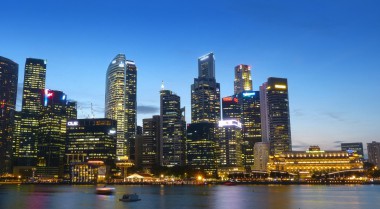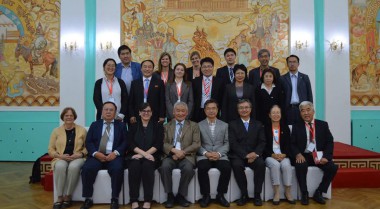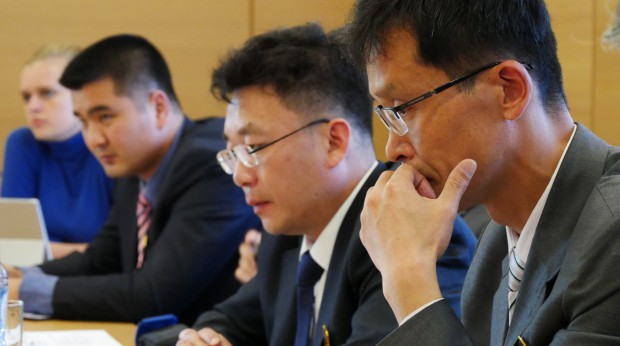
Statement: Welcoming the DPRK-US Hanoi Summit
We welcome the historic convening of the Second DPRK-US Summit in Hanoi, Viet Nam on February 27-28. Following on from the meeting of the leaders of the Democratic People's Republic of Korea (DPRK) and the United States (US) in Singapore in June, 2018, this is an important next step to ensure that diplomatic efforts are made to proceed with the peace process for the Korean Peninsula. We recognise and applaud the efforts of those who have enabled this environment for peace and dialogue, including those of the government and citizens of the Republic of Korea. We strongly hope that this upcoming Summit will result in detailed, concrete steps, including specifically a deal to finally put an end to the Korean War.
We recognise and applaud the efforts of those who have enabled this environment for peace and dialogue, including those of the government and citizens of the Republic of Korea.
We call on the United States to take steps towards lifting of sanctions - particularly those which are proving obstacles to the improvement of Inter-Korean relations, including the reopening of joint Korean initiatives such as the economic zone at Kaesong, tourism and exchange at Mount Kumgang, and other civil exchange activities. The Summit should also make steps towards the normalisation of relations between the DPRK and the US, including concrete initiatives such as the establishment of reciprocal liaison offices. This will in turn promote the transformation of relations between the DPRK and its regional neighbours, including the normalisation of relations between the DPRK and Japan.
The Summit must also result in concrete and detailed measures towards the denuclearisation of the Korean Peninsula, including a roadmap of steps to be taken by both parties. Such steps towards denuclearisation should be grounded in international law. We advocate for the establishment of a Nuclear Weapons-Free Zone (NWFZ) in Northeast Asia, which would greatly contribute to confidence building and the development of regional mechanisms for peace and security.
Agreements made by governments can be delayed or impacted by various factors. In order to ensure that the results of the summit are sustainable and fully implemented, we also hope that each government will recognise the importance of the resumption of civil exchange, and the involvement of civil society in the peace process. Such participation will ensure that the respective societies can work towards the vision of pursuing a common, cooperative security, and building peace not only for the Korean Peninsula but for the broader Northeast Asian region. As civil society organisations working to build peace in the region and around the world, we pledge to make all efforts to support this peace process, and ensure that it continues to move forward, towards bringing about a genuine, irreversible and sustainable peace for Korea and for the world.
Contact: Meri Joyce, GPPAC Northeast Asia Regional Liaison Officer, meri@peaceboat.gr.jp



